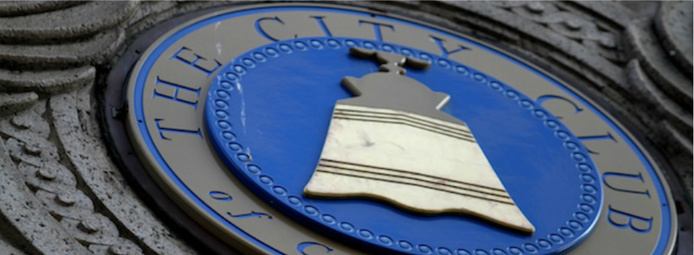Monday, April 26, 2021
#FREESPEECH in the News April 26, 2021

As the Citadel of Free Speech here in Cleveland, we work to protect and promote the basis of our democracy by sharing related stories, commentary, and opinions on free speech in the 21st century. Here's what's making the news – and what you should know about – in the past week.
1.) US teen's Snapchat rant reaches Supreme Court in free speech case
Brandi Levy sent a profanity-laden post to her friends on Snapchat in 2017, venting her frustrations with cheerleading and her school.
Ms Levy, now 18, says the photo was posted from an off-campus location on a non-school day - meaning the school did not have the authority to discipline her for it.
Pupils' speech is protected by a landmark Supreme Court case from 1969, Tinker vs Des Moines Independent Community School District, when pupils wore black armbands to protest against the Vietnam War. The court in that case ruled that pupils' speech was protected as long as it didn't cause "material and substantial" disruption to the school.
When Ms Levy's case reached the Court of Appeal last year, the court in Philadelphia ruled in her favour. It said that the 1969 ruling did not give school officials the authority to discipline pupils for things they say off-campus. The court emphasised that this ruling did not consider "the First Amendment implications of off-campus student speech that threatens violence or harasses others".
2.) SDSU lecturer’s use of stereotype sparks debate about academic free speech and race
There are sharply opposing views on that at SDSU, one of several San Diego universities that have become embroiled in the heated national debate over what’s acceptable language in an academic setting, especially during a time of heightened tension over racial justice. The latest controversy at SDSU erupted from Professor Bob Jordan’s “Introduction to Cinema” course, one of two he was teaching until last week, when he was replaced by the university. The other is “History of Prime Time TV.”
Jordan, a veteran lecturer, referred to Black people as part of a larger discussion about race, gender and nationality in film. He told students he was going to express beliefs that he personally does not hold to make a point about racial ideology. Speaking in a first-person style, Jordan said, in part, “I might have an assumption that Black people are just not as intelligent as White people. Oh, I can hear already people getting all riled up, right. I can believe that ...
Students were not able to respond to Jordan in real-time because the class was pre-recorded. But on the internet reaction was swift and sharp.
3.) Lawmaker votes 'no' on bipartisan Asian hate crimes bill, says it could infringe of free speech
Sen. Josh Hawley, R-Mo., said he couldn't join with the rest of the Senate in approving an Asian hate crimes bill on Thursday because the legislation was too broad and could infringe on free speech. In a rare move of bipartisanship, the Senate on Thursday approved by a vote of 94-1 a coronavirus hate crimes bill designed to denounce the uptick of violence against Asian Americans and Pacific Islanders (AAPI) during the pandemic and give new support to federal and local law enforcement to track and combat such crimes.
In a tweet following his "no" vote, Hawley said the legislation raises "free speech questions."
"[I]t turns the federal government into the speech police - gives government sweeping authority to decide what counts as offensive speech and then monitor it," Hawley tweeted. "Raises big free speech questions."
In a follow-up statement to Fox News, Hawley added that the language could be "dangerous."





